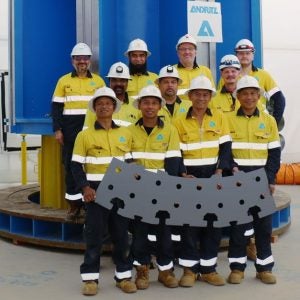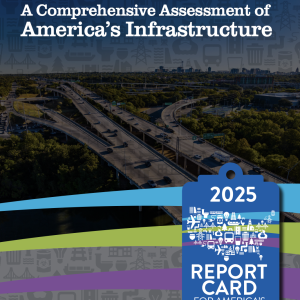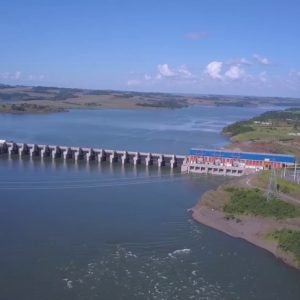The World Climate Action Summit in Dubai witnessed a significant milestone on Saturday as European Commission President Ursula von der Leyen launched the Global Pledge on Renewables and Energy Efficiency. In collaboration with the COP28 Presidency and joined by representatives from 118 countries, this groundbreaking initiative sets global targets to triple the installed capacity of renewable energy to at least 11TW and double the rate of global energy efficiency improvements from roughly 2% to an annual figure of 4% by 2030.
President von der Leyen expressed the significance of this global coalition, stating: “With this Global Pledge, we have built a broad and strong coalition of countries committed to the clean energy transition – big and small, north and south, heavy emitters, developing nations, and small island states. We are united by our common belief that to respect the 1.5°C goal in the Paris Agreement, we need to phase out fossil fuels. We do that by fast-tracking the clean energy transition, by tripling renewables and doubling energy efficiency.”
This initiative, first proposed by President von der Leyen at the Major Economies Forum in April, aims to support the transition to a decarbonized energy system and facilitate the phase-out of unabated fossil fuels. To reinforce this commitment, the European Union (EU) announced a significant financial contribution. Over the next two years, the EU will invest €2.3 billion from its budget to support the global energy transition, creating green jobs, stimulating sustainable growth, and investing in future technologies.
The Global Pledge has been developed collaboratively by the European Commission and the COP28 Presidency, with support from the International Energy Agency (IEA) and the International Renewable Energy Agency (IRENA). Adopted during the first days of COP28, this Pledge is expected to build momentum towards reaching ambitious outcomes at the conference.
The EU, through the Global Pledge, calls for concrete actions to phase out fossil fuels globally, particularly coal. The EU aims to push for language reflecting this commitment in the final COP Decision.
President von der Leyen highlighted the EU's dedication by stating: “In the next two years, we will invest 2.3 billion euros from the EU budget to support the energy transition in our neighborhood and around the globe. This pledge and this financial support will create green jobs and sustainable growth by investing in technologies of the future. And, of course, it will reduce emissions, which is the heart of our work at COP28.”
To encourage other nations to join the cause, the Commission invites donor countries to follow the EU's lead and expedite the implementation of the Global Pledge.
Looking ahead, the Global Pledge on Renewables and Energy Efficiency will serve as a key tool for the international community to measure progress and stay on course in achieving the Paris temperature goals. With support from the IEA and IRENA, an annual review of world developments contributing to the global goals of 11 TW and 4% of annual energy efficiency improvements will be released ahead of COP each year.
The Commission will work closely with European financial institutions, including the European Investment Bank and the European Bank for Reconstruction and Development, to deliver on its financial commitments associated with the pledge. The launch of this Global Pledge signifies a pivotal moment in the collective effort to address climate change, emphasizing the need for immediate, tangible action to ensure a sustainable and low-carbon future.
Bruce Douglas, CEO of the Global Renewables Alliance, expressed enthusiasm about the countries' commitment but stressed the need for turning ambition into action: “This pledge signals the start of a new energy paradigm and a once-in-a-generation opportunity to transition to a clean, secure and just energy system. We now need to turn this ambition into action and hold policymakers accountable to deliver on their commitments. To get there, we need the tripling to be reflected in updated NDCs, with increased national targets and rapid implementation across the key enablers,” he said.






